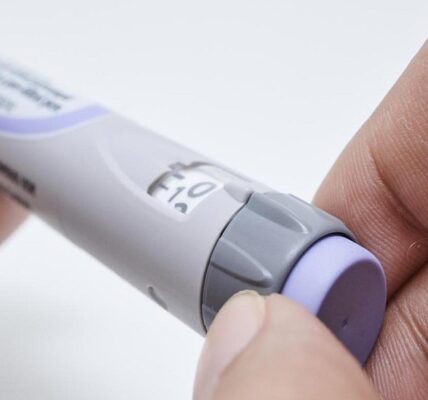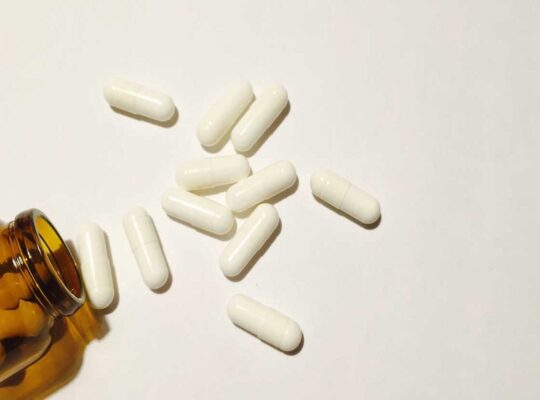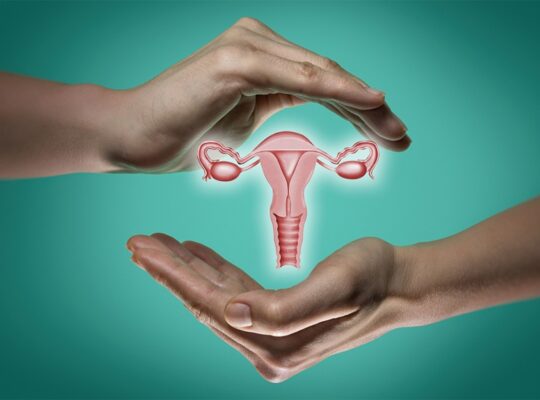Testosterone is often considered the quintessential male hormone points out Evan Bass Men’s Clinic, but its significance extends far beyond gender identity. From influencing sexual development to regulating mood and muscle mass, testosterone is a hormone with multifaceted functions. This powerful hormone affects both males and females alike and plays a crucial role in various physiological processes.
The Physiology of the Hormone
Testosterone begins its journey primarily produced from the testes of men; it is however produced in a lesser quantity in the ovaries of women as well. The adrenal glands, located above the kidneys, also produce a small amount of this hormone in both sexes. The production of the hormone in males can be experienced during their fetal development. A significant rise in the levels of the hormone is seen when males hit puberty. This contributes to the development of secondary sexual characteristics such as facial hair, deepening voice, and muscle mass.
In women, contrarily, testosterone plays a crucial role in maintaining bone density, muscle mass, and overall well-being. Despite being present in a very minimal quantity in females; testosterone is nonetheless important even in a feminine body for the maintenance of health and vitality.
Functions and Effects of Testosterone
Evan Bass Men’s Clinic further gives an insight into the areas where Testosterone plays a crucial role within the body.
1. Sexual Development: Male sexual characteristics are principally driven by Testosterone. It stimulates the growth of the penis and testes during fetal development. And contributes a second time to the emergence of secondary sexual characteristics during puberty. The development of reproductive tissues and sexual desire In females are triggered by this hormone.
2. Muscle Mass and Strength: Testosterone is an anabolic hormone, which means it promotes muscle growth and strength. This is why men generally have a higher muscle mass than women.
3. Bone Density: Testosterone is essential for maintaining bone density in both men and women. Adequate levels of testosterone help protect against conditions like osteoporosis and bone fractures.
4. Libido: Testosterone states Evan Bass Men’s Clinic, plays a key role in arousal of sexual desire in both men and women. Maintaining its proper levels is thus important.
5. Mood and Mental Health: Testosterone has an impact on mood and cognitive function. Low levels of testosterone have been associated with symptoms of depression, irritability, and fatigue.
6. Red Blood Cell Production: One of the very noteworthy contributions of testosterone is the production of red blood cells. This effect can improve endurance and athletic performance.
Myths and Misconceptions
Like every other thing, one can find several myths and misconceptions surrounding this hormone. Some of the most noteworthy ones include:
- There is a close connection between low levels of testosterone and aggression.While testosterone does influence assertiveness and competitiveness, it certainly does not cause uncontrolled aggression.
- Testosterone is responsible for masculinity. It is true that the hormone does contribute to the development of male sexual characteristics. However, that is not the sole defining factor of masculinity. Genetics, environment, and social factors are also contributors to shaping individual identities.
Testosterone is undoubtedly a powerful hormone with a profound impact on the human body. It is essential to maintain optimal testosterone levels for overall health for both genders. Embracing a holistic view of hormone function allows us to appreciate the intricate beauty of human biology and its diverse expressions.










